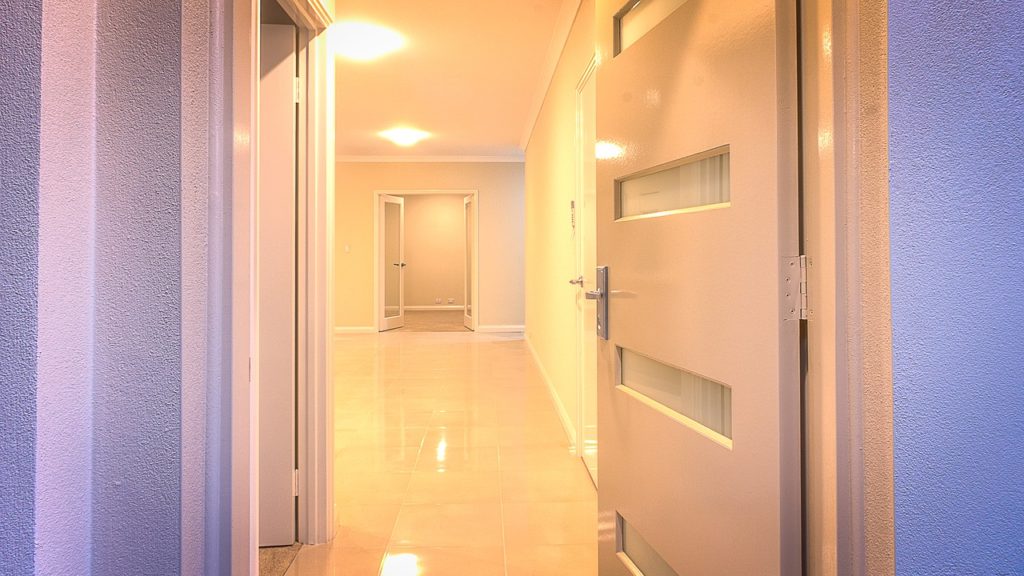
Image by mynemesis2011 from Pixabay
Before moving, it is important that you know everything you need to do so that your new home is ready to enjoy it without problems. Imagine how terrible it is to get to your new home and not have electricity, gas or water service. And in case you have those services, your surprise will be worse when you see that the air conditioning or heating does not work, there are some electrical problems or leaks, among other things. To avoid these nightmares, take action early. Below are the most important things you should keep in mind.
Make an inspection of your new home ahead of time.
Check the electrical circuit board or box, making sure that the labels that are next to each switch that, for example, say: Kitchen? Bathroom? Room? etc., are located correctly. Do this task by removing or disconnecting each switch (one by one) to find out which room in the house they belong to. You can also hire an electrician to check the state of the electrical box (panel or board) and if necessary repair it or replace it with a new one.
- Check the fire alarms and the carbon monoxide detectors to know if they work well, need batteries or need to be replaced.
- Buy fire extinguishers.
- Have a professional inspect the air conditioning/heating unit, the water heater, etc.
- Locate the water stopcock. It is important to know where the stopcock is, in order to be able to close it quickly if necessary.
Report your change of address at the post office and contact the credit card companies.
Before moving you should notify your change of address at the post office to make sure you start receiving your correspondence in your new home. Contact the credit card companies to avoid omitting the payment of an invoice.
Contact the utility companies.
When you arrive at your new home you will want to have basic services, such as electricity, gas, water and sewage, cable, Internet, telephone. So, contact those companies in advance to set the date of transfer of those services to your new address.
Update important documents.
One month before moving you update your driver’s license, vehicle registration and voter registration card.
Change the locks and bolts.
If the house is empty and you have not yet moved, it is a good idea to change the locks on the doors. Otherwise, change them the same day you move. Better safe than sorry.
Check the status of the address sign of your house on the front.
The address number of your home should be clearly seen, especially if you will move with an agency. In addition, you will need your address to be well distinguished for the postman to see, postal delivery services, restaurant delivery services, and your visits. Buy a new sign if necessary.
Identify emergency exits in case of fire or catastrophe.
Make sure the whole family knows how to get out of the house in case of fire or any other catastrophe. Generally, everyone thinks of the main door of the house as the best option to escape outside, but it is good to have extra options in case you cannot use the front door.
Fumigate and do a deep cleaning.
If your new house is empty and you have access to it before moving, be careful to use spray. Even if you do not see insects, they are very likely to exist. You will not want to fumigate with strong chemicals when the family is present and the furniture is already in place. Once the fumigation has taken effect it is a good time to do a deep cleaning on floors, walls, windows, etc. Since the house is empty you can clean up the most hidden corners, which will not be so easy once the curtains and furniture are in place.
Check your inventory list to find out if your belongings arrived well.
So you have done the move yourself or with a moving company, check what you have against your inventory list to make sure all your belongings arrived well. If you used a moving company you can claim for lost or damaged objects. And if necessary, you can claim your insurance agency.
Have an emergency kit.
An emergency kit is always favorable and handy. Have it ready because it will continue to be very useful in the future. Place it in a place in the house where adults can access it, away from the reach of children, checking regularly that the medications are valid. On the lid of the cabinet put a label with the telephone numbers of emergency contacts in your area.
